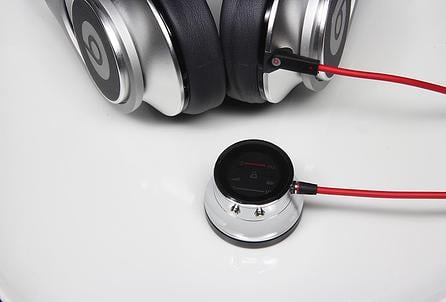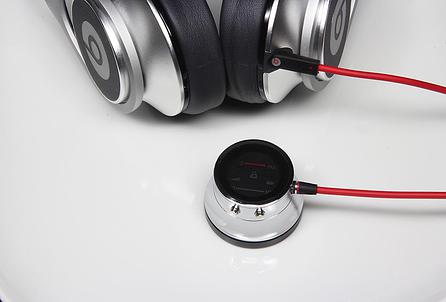
To answer this question, we did some research and discovered the answer is Yes, a deaf person can have a career in Nursing. In this article, we focus on 3 Nurses who are making it happen.
For Dionne Jaques, becoming a Nurse was a goal of hers for many years. She knew it would be difficult to achieve this goal because she is deaf. Dionne never gave up. She fulfilled her goal and is a Registered Nurse in a health care facility in Southern Utah. During her valedictorian speech at Nightingale College graduation, she said "Don't let your limitations slow you down".
There are many people like Dionne whose passion is Nursing, like Annie Resetar. Annie has moderate to severe hearing loss. She graduated from Walsh University with a Bachelor of Science in Nursing. She then interned at Akron Children’s Hospital and is currently working as an aide in a Nursing home.
Annie said, "I think my hearing disability sets me apart and makes me a better Nurse. It helps build trust with my patients. It is a testament that there are things wrong with all of us, but that should not get in the way of our lives and dreams. Rather, we simply must adapt and embrace these differences because they make us stronger."
Lauren Searls was born deaf and both of her parents are deaf. Her goal is to be a Family Nurse Practitioner. She received her RN degree from Johns Hopkins University School of Nursing and has applied for an MS in Nursing there.
According to the Rochester Institute of Technology, Lauren has relied on interpreters in the classroom and while visiting patients.
She said, "I go into the patients’ rooms with confidence, introduce myself, tell the patients that I am deaf and will rely on interpreters as needed. I have been able to make it work effectively. Although I do well in one-on-one situations and small group settings, I am not hearing and only 30 percent of the English language is lip readable and there is no guarantee that everyone speaks clearly or is easy to understand. Working with an interpreter is the only way I’ll be able to ensure I have access to what is going on around me.”
Nurses who are hard of hearing are legally entitled to use accommodations like ASL (American Sign Language) interpreters and tools such as amplified stethoscopes to assist them. To learn more about resources and accommodations, the Association of Medical Professionals with Hearing Loss (AMPHL) and the Society of Health Care Professionals With Disabilities advocates for deaf and hard-of-hearing professionals in the medical field.







